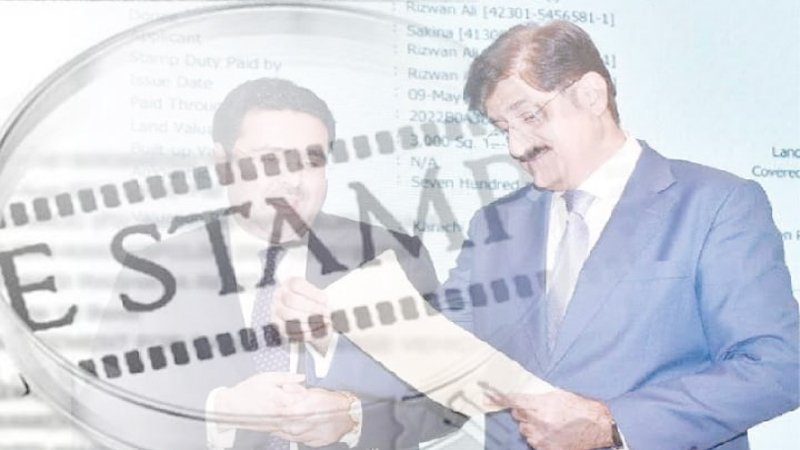Chairman Faisal Yousaf claimed that the e-Stamping System had improved revenue collection in addition to assisting in the eradication of fraud and forgery.

More than Rs. 320 billion has already been collected in Punjab, Sindh, and Khyber Pakhtunkhwa under the e-Stamping System, which was developed by the Punjab Information Technology Board (PITB) in collaboration with the Board of Revenue (BoR) for the convenience of citizens.
Over 16.1 million e-Stamp papers have also been printed. This was revealed at a meeting to review progress that was presided over by PITB Chairman Faisal Yousaf. PITB DG e-Governance Sajid Latif and other top officials were present at the meeting.
The attendees of the meeting were informed that 15 million stamp papers issued in Punjab generated Rs. 308 billion in revenue, Rs. 10 billion from 4 lakh stamp papers issued in Sindh, and Rs. 240 million from 5,000 stamp papers issued in Khyber Pakhtunkhwa.
In this instance, Chairman Faisal Yousaf claimed that the e-Stamping System had improved revenue collection in addition to assisting in the eradication of fraud and forgery.
The Punjab Information Technology Board has suggested an online system after the Government at the highest level became aware of the problems with the current system.
This e-stamping system’s primary goal is to stop fraudulent activities related to paper and processes as well as leakage of government funds. It also aims to store information electronically and create a central database to streamline the verification process.
The citizen won’t need to make multiple trips to pay the stamp duty anymore because under the new system, electronic stamp papers can be obtained from any designated branch of a schedule bank. The buyer’s information (land area, location, covered area, commercial/residential, etc.) and system-built DC valuation tables will be used to determine the stamp duty amount.
The names of the buyer, seller, and person purchasing the stamp papers will be entered into the system along with their CNICs, which will be instantly verified online against the NADRA database.